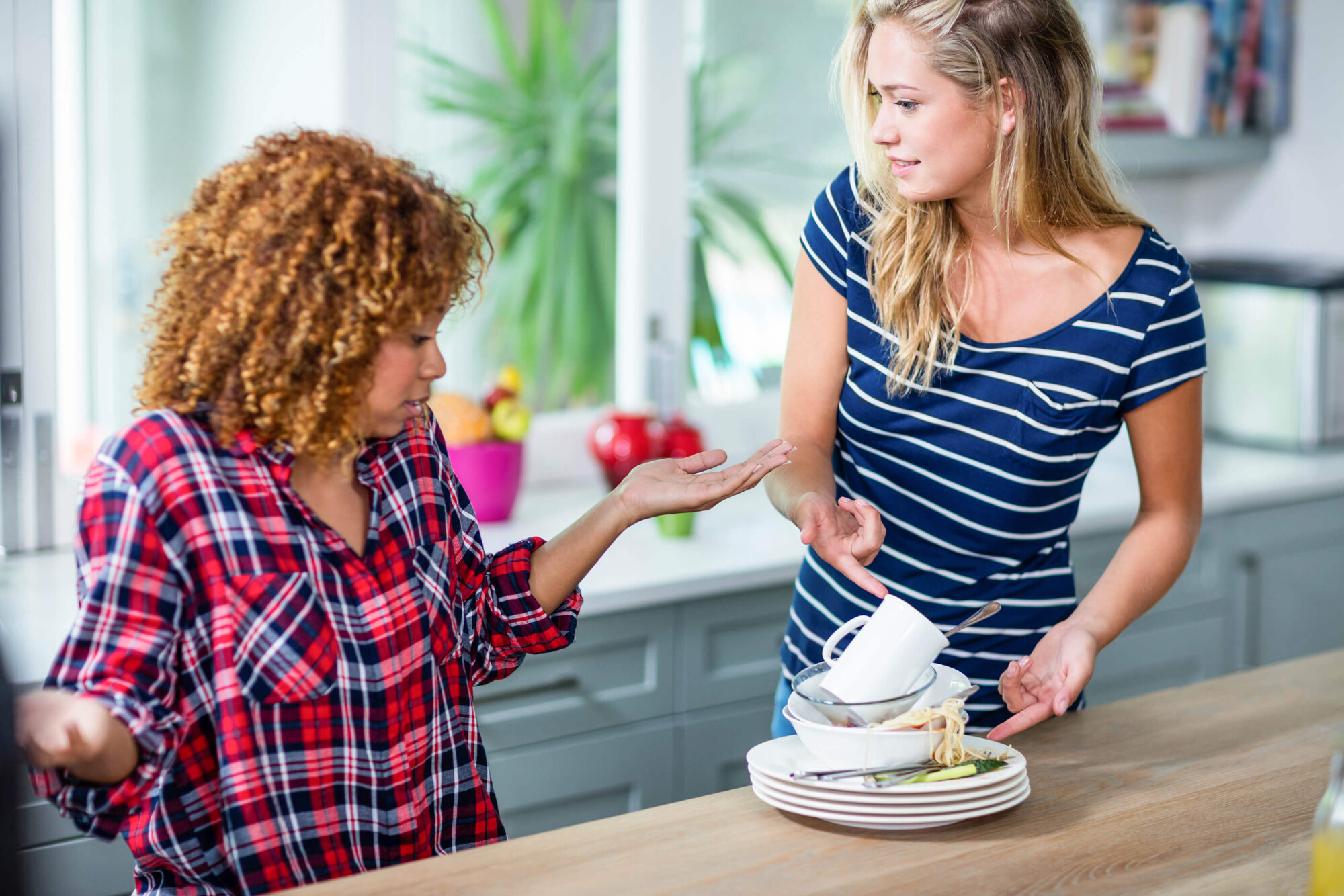As the lockdown rules are being relaxed, there are naturally going to be misunderstandings about what you can and can’t do. These rules can be made all the more difficult if you live in a house share.
In the current climate, tensions are high, and some may be stricter than others when it comes to following the official COVID-19 advice.
Although restrictions are being relaxed and it can be tempting to become a little complacent, it is essential that all members of a house share fully follow the current rules out of respect for their fellow housemates — otherwise, tempers may fray.
Are your housemates disregarding government advice and putting you at risk?
We’ll explore the unique topic further in this article.
Try to be understanding of other people’s situations
The coronavirus pandemic has changed everyone’s ‘normal’, and some have found it harder to adjust than others.
Each individual has been affected differently by this viral outbreak and, as a housemate, you need to be empathic towards those you live with.
For example, your housemate might be struggling with their mental health, may have lost their job, or could have lost a loved one to COVID-19.
When living in a house share, you must also try to be understanding of other people’s situations as they change.
For example, if your housemate must now return to work, it would be unfair to be angry with them as it is a necessity they cannot avoid.
Likewise, your housemates have no right to be angry with you if you are the one returning to the workplace.
Things you can do to protect yourself and your housemates
If you or some of your housemates must leave the house frequently, whether it be for work or other reasons, there are steps that can be taken to protect you all.
Hand washing
Firstly, everyone in the house should be washing their hands often — especially when arriving home.
At all the sinks in the house, there should be soap so that everyone can wash their hands frequently.
You should wash your hands for around 20 seconds each time, using soap and water.
Outside of the house, when you have no access to water and soap, use anti-bacterial hand gel to keep your hands clean.
Clean the house
It is essential that shared surfaces in your house are cleaned and disinfected regularly.
In shared housing, there are many communal areas that all members of the house use — for example, the kitchen and the living room.
As there will be housemates going in and out of the house, surfaces always need to be rid of germs.
Social distance where possible
Although it is not an official rule for people of the same household to social distance, if there are members of the house who are not comfortable with being close to others, social distancing is a great idea.
This might be especially true if there is a housemate at high risk, for example.
Where possible, try to keep a safe distance from one another – you could even try moving chairs and sofas to maintain a safe amount of space in your lounge.

Understand the rules
The rules regarding the coronavirus are changing at quite a fast rate, so it is important to keep up-to-date via the official government website.
As of the 24 July 2020, people must wear face coverings in shops and on public transport. So, make sure whenever you or anyone in your house is going to pick up anything from the shop, they have their clean facemask at the ready.
The government has also announced that people can meet in groups of two households in any location, or — as previously announced — in a group of any six people outdoors.
With all the updates, it is still rather clear that many households cannot mix inside one house as the risk is high.
So, if you’re in a house share in Leeds, a fair discussion must be had to agree on any visitors to the house.
Tensions are high
Although it can be frustrating if your housemates don’t agree with you, or are not following guidelines are strictly as you, it is important to recognise that tensions are high, and that house share disagreements can usually be resolved.
If issues are discussed calmly and maturely, it is better for everyone as there will be no hostile environment.
Try to understand that some people may feel more ready than others to do certain things, while others might not be anywhere near close to being ready.
What can I do if my housemate won’t listen?
It can be tough if you have spoken to your housemates about your issues, and they do not seem to be listening or caring.
Here are some ideas on what to do if your housemates won’t listen to you.
Be kind
It won’t help anyone if you shout or scream about what you believe to be right.
It is important to be civil and kind to your housemates when raising your issues and, by doing this, it is more likely they will take what you are saying seriously.
Talk it out
Whether you communicate via the house group chat or sit your housemates down in person, make sure to approach them to discuss your problems.
State your points clearly and allow them to state their own. By doing this, you have a mature discussion which helps all members of the house to express their views and feel heard.
Most disagreements can be solved by talking it through, so a simple chat could allow you and your housemates to see eye-to-eye.
Whether your housemate won’t social distance, your housemate doesn’t clean, or your housemate doesn’t wash their hands, try to stay calm and show empathy for everyone in the house.



